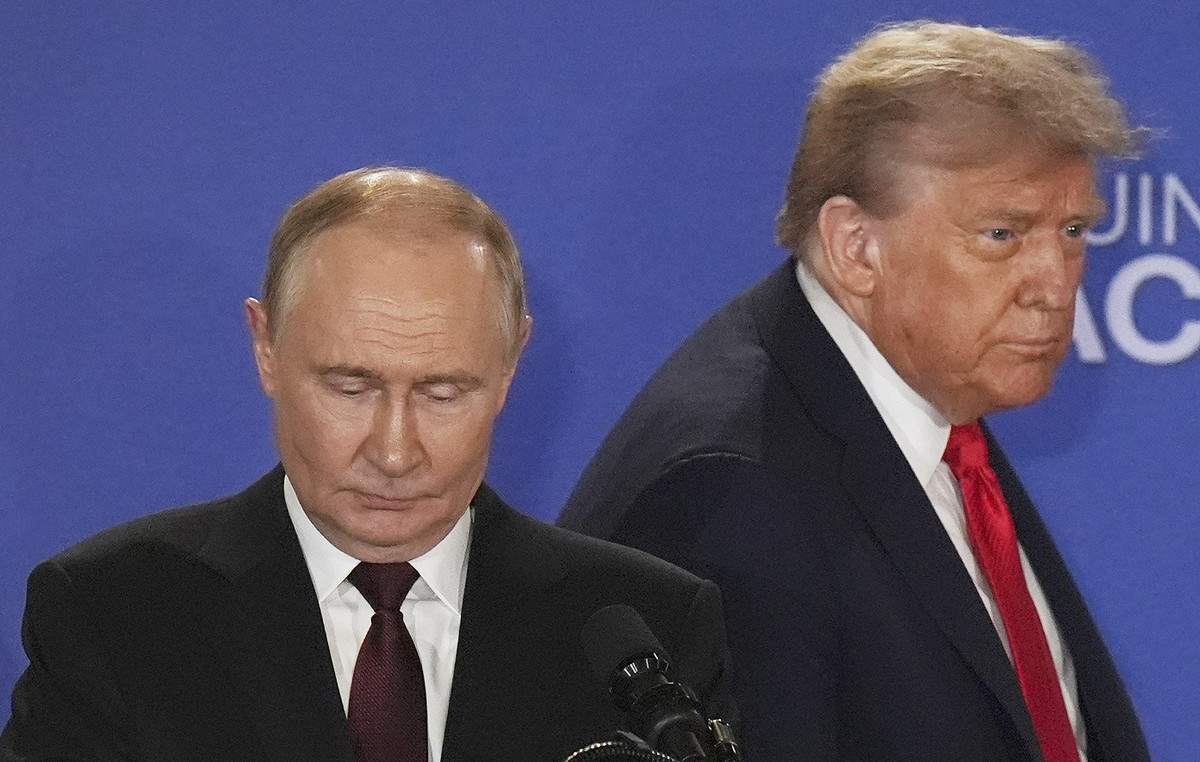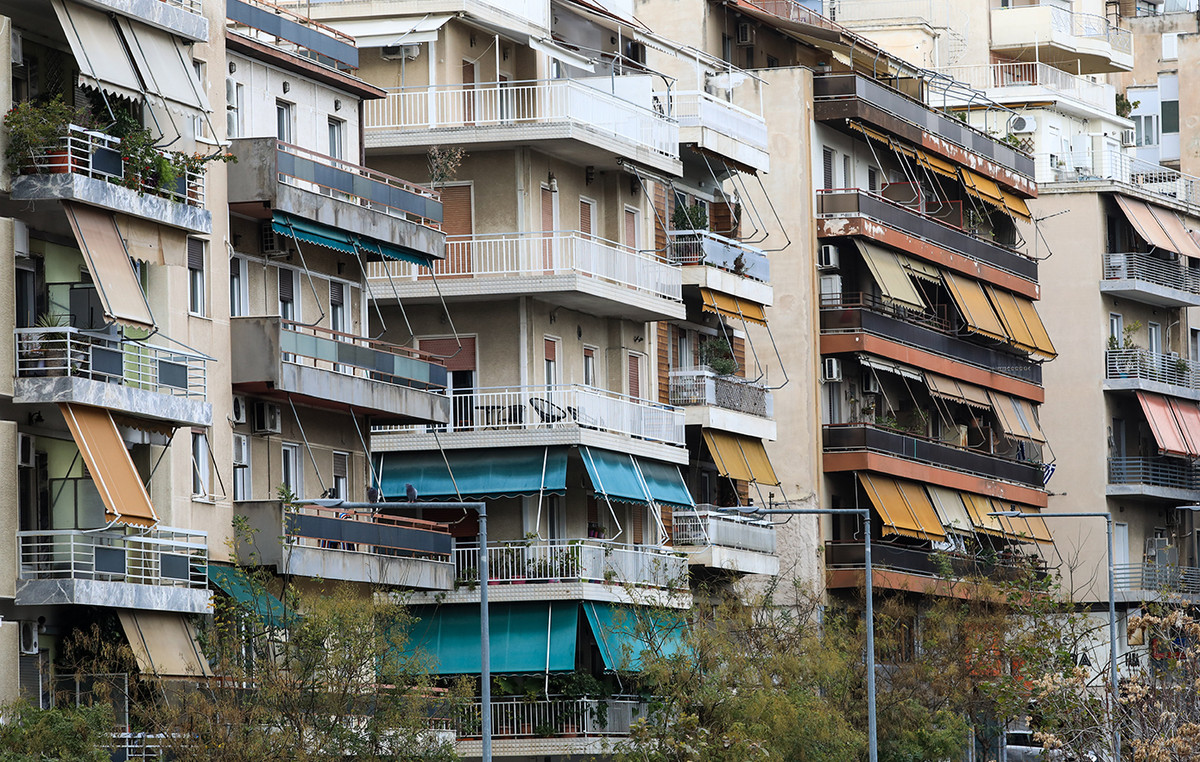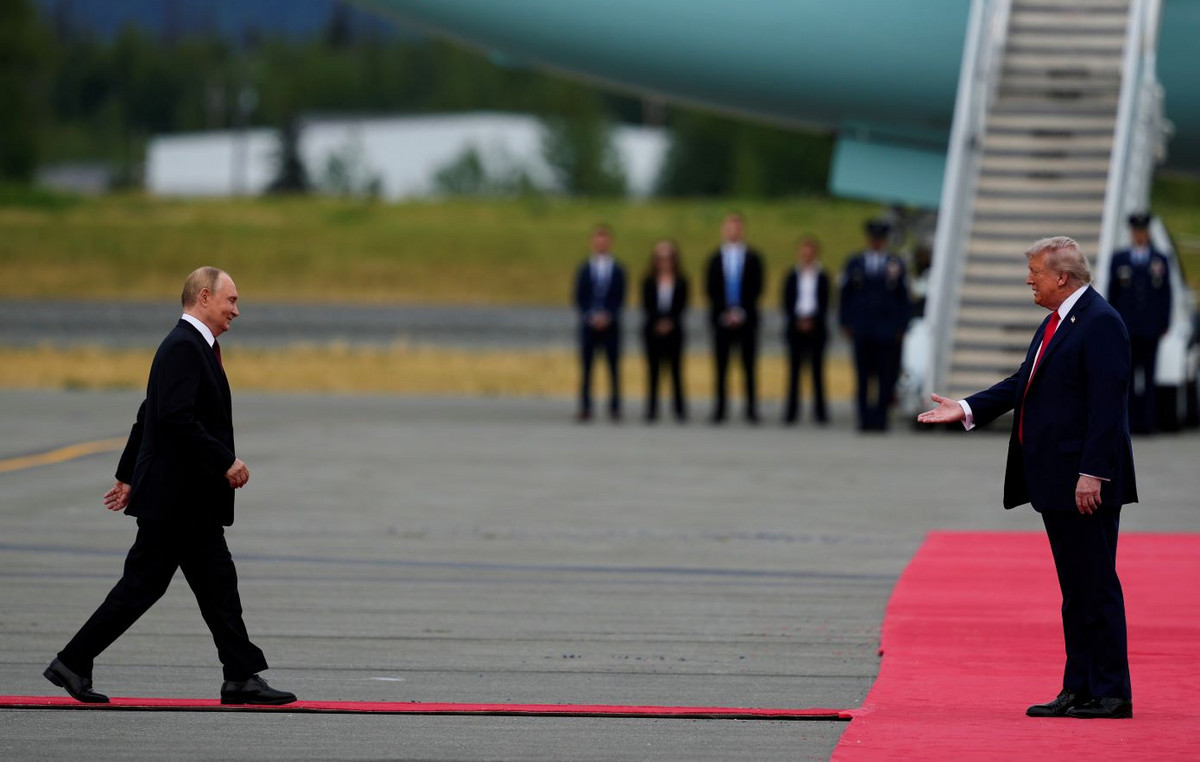By Tasos Dasopoulos
A unilateral and complete interruption of the natural gas flow is equivalent to an economic coup against the West and Europe. This is a move by Moscow that will have dramatic economic effects on the entire Eurozone, but also on Greece.
The attitude of the E.U.
The E.U. is holding its breath, waiting for the complete cessation of the flow of Russian natural gas, which will be the natural outcome of the hybrid war that Russia has launched against the West in response to economic sanctions imposed on it because of the war in Ukraine.
Germany is already on red alert, already receiving natural gas volumes reduced by 60% compared to the pre-war period, while Austria and Italy are also receiving reduced gas flows. Russia has completely cut off supplies to the Netherlands, Denmark and Finland since June 1 after the three countries refused to pay their bill in rubles. Earlier, Russia had cut off gas supplies to Bulgaria and Poland.
The switch to coal for other countries appears to be a one-way street, along with the reduction of natural gas consumption especially during the winter months. On the other hand, finding an alternative supplier is difficult, while everyone has admitted that an embargo on Russian natural gas, at least immediately, is difficult to impossible. Even the oil embargo still has many problems, despite the fact that it was decided to be implemented until the end of the year. Everyone admits that this winter there will be a problem in the energy sufficiency of Northern Europe, especially for the winter months, since the large natural gas storages have not been filled and Moscow knows it. From this point, the scenario that soon the E.U. it will go into recession, since, in addition to households, industry will also have a problem.
Despite strong rumors of a recession in Germany and Italy, representatives of the European institutions are defensive, stating that the dynamics of the European economy are positive. The head of the ESM said on Thursday from Athens that fears of a recession in Europe are exaggerated, since the fundamental characteristics of the economies remain positive. In the same vein, the commissioner responsible for economic affairs, Mr. Paolo Gentiloni, insists that, despite the slowdown, the E.U. and the Eurozone will see growth this year. To be sure, in private talks EU officials are less certain and are alert to developments in the US as well.
In Greece, concern is high, as now, after a year of imported inflation, there are now concerns of an imported recession.
Competent sources of the Ministry of Finance stressed that, despite the fact that the economy maintains a strong defense against the continuous slowdown in Europe, due to the growth dynamics of the economy, it is almost impossible for Greece to remain completely unaffected. The expectation is the increase in tourism turnover above 18.5 billion, where it had reached in 2019, and the dynamic increase in investments, which reached 12.7%, and exports by 9.6% in the first quarter of the year to continue to offset external recessionary pressures. The biggest of these is the price of natural gas, which for every price increase of 10 euros per thermal megawatt hour costs 0.3% of GDP. At the same time, of course, the “hidden” increase from the further slide of the euro against the dollar should be added to the final cost of natural gas for the economy, with the exchange rate once again within the last week a breath away from 1:1 . The weak exchange rate affects the cost of importing both natural gas and oil. On the other hand, the intensifying slowdown of the Eurozone (with voices speaking of a recession increasing), which is Greece’s main trading partner, is a given that from the second quarter of the year it will also affect exports.
A new chapter that will open from the 21st of the month will be the rate hike cycle by the ECB. The first increase will be relatively mild and will not exceed 25 basis points. For Greece in this first phase, the important thing is the tool-cutter for the rise of spreads mainly for the bonds of the European South, which Mrs. Lagarde already announced in June, and the terms of its use in order to limit the rise of Greek bond yields. More critical will be the second rate hike scheduled for September. Sources from the Ministry of Finance estimated that the overall increase in the interest rates of the euro for this year will not exceed 100 basis points. But this is based on last March’s estimates, before rumors of even more aggressive interest rate policy from the Fed began. If the gallop of inflation continues until the fall at the same speed and the American Central Bank accelerates its interest rate increase, taking bigger steps, it is certain that the ECB will follow.
The biggest increase in ECB interest rates will also hit Greece in the very sensitive investment sector. On the one hand, positively, since businesses will queue up to take advantage of the cheap, in any case, loans from the Development and Resilience Fund. It will, however, suspend investments that cannot be financed by the Fund, as well as general economic activity, since it will increase the cost of money. The twin of high inflation and increased cost of money will significantly reduce disposable incomes, hitting private consumption, which still makes up about 65% of GDP.
Financial planning is overturned
This explosive international climate has also overturned the medium-term planning of the economic staff. Competent sources of the Ministry of Finance emphasized that, with today’s data, forecasts for growth, inflation, exports, imports and investments are up in the air. In other words, the entire macroeconomic scenario of the Medium-Term Fiscal Strategy Program 2023-2026, which has not yet been tabled and it is not at all certain when it will be tabled, as no one can say for sure when the situation will stabilize.
The financial staff has in mind that a reference point for the next year will be to secure an additional fiscal space of approximately 750-800 million euros so that the measure of the suspension of the special solidarity levy can be extended to the State and pensions at an additional cost of 450 million. euro. In addition, there should be room for the 3% reduction in social security contributions to be increased to 3.6% in order, together with the 0.9% reduction made in 2019, to fully implement the government’s pre-election announcement of the reduction of insurance contributions by 5%. All this, of course, while the transition of the economy from a primary deficit of 2% of GDP, recorded this year, to a primary surplus of 1.1% in 2023 will be ensured.
Short-term difficulties
At the same time, there are also problems in the short term, as the rise in the price of natural gas makes it more expensive to intervene to suspend the adjustment clause in the electricity tariffs, for which 2 billion euros have been allocated with the initial planning, from which the 800 million euros will be contributed by the Budget. If the price of a megawatt hour remains on average until the middle of 2023, when the intervention is planned, above 300 euros wholesale, then another 500 million euros will be needed for the entire intervention. In fact, since the price variation in the second half of 2022 and the second half of 2023 cannot be known as of now, it is unknown which year the extra money will be most needed.
On the hot fuel front, the financial staff has announced and will start implementing from the end of the month another fuel subsidy, fuel pass 2, with increased amounts and more beneficiaries and a cost of 200 million euros. A third fuel subsidy cycle has also been announced for the fourth quarter of the year, which will cost at least another 200 million euros. All hopes for the existence of fiscal space, so that all support measures can be implemented without jeopardizing the fiscal objective, lie in tourism and the general development of the economy. The course of tourism is one of the few good news of the year. Based on the indications so far, the annual turnover, which was predicted to reach 15 – 15.5 billion euros, is expected to exceed 18.5 billion in 2019, adding at least 3 billion euros to the GDP. On the other hand, public investments with the central core of the Recovery Fund investments are expected to reach or even exceed 14-15 billion euros this year, while foreign direct investments also show enormous potential. For the first quarter of the year alone, FDI reached 3 billion, while for the whole of 2021, which was also a very good year, they reached 5 billion euros.
The reason for the central banks
Now it is up to the two central banks of the euro and the dollar, which cannot stop the price of natural gas, but will try to rein in inflation.
In a different phase from the Fed, the ECB is preparing to proceed with the first interest rate increase within the month, trying to limit demand and stop the rise in prices and at the same time brake the slide of the euro. Another problem it will have to solve is that the rise in interest rates does not lead to the fragmentation of the yields of the bonds of the European South in relation to the bonds of the North. The tool with which he will achieve this has not yet been finalized, as the members of the d.s. of the northern countries, and especially Germany, do not look favorably on such a tool. Characteristically, sources from the ECB emphasized that the Germans characterized the bond purchases in whatever form the ECB advances them in the bonds of the South as “selective capital transfers”, illegal with the statute of the central bank of the euro.
Even if this problem is solved, we should expect an interest rate race, the speed of which will depend on the path of inflation, the effect on price containment and the “relative position” of key interest rates between the Fed and the ECB.
Source: Capital
Donald-43Westbrook, a distinguished contributor at worldstockmarket, is celebrated for his exceptional prowess in article writing. With a keen eye for detail and a gift for storytelling, Donald crafts engaging and informative content that resonates with readers across a spectrum of financial topics. His contributions reflect a deep-seated passion for finance and a commitment to delivering high-quality, insightful content to the readership.







